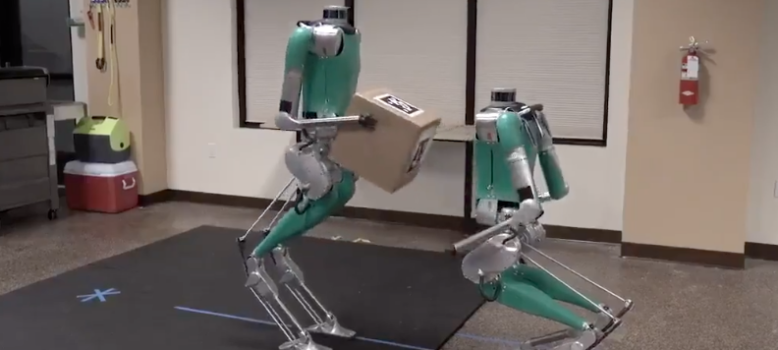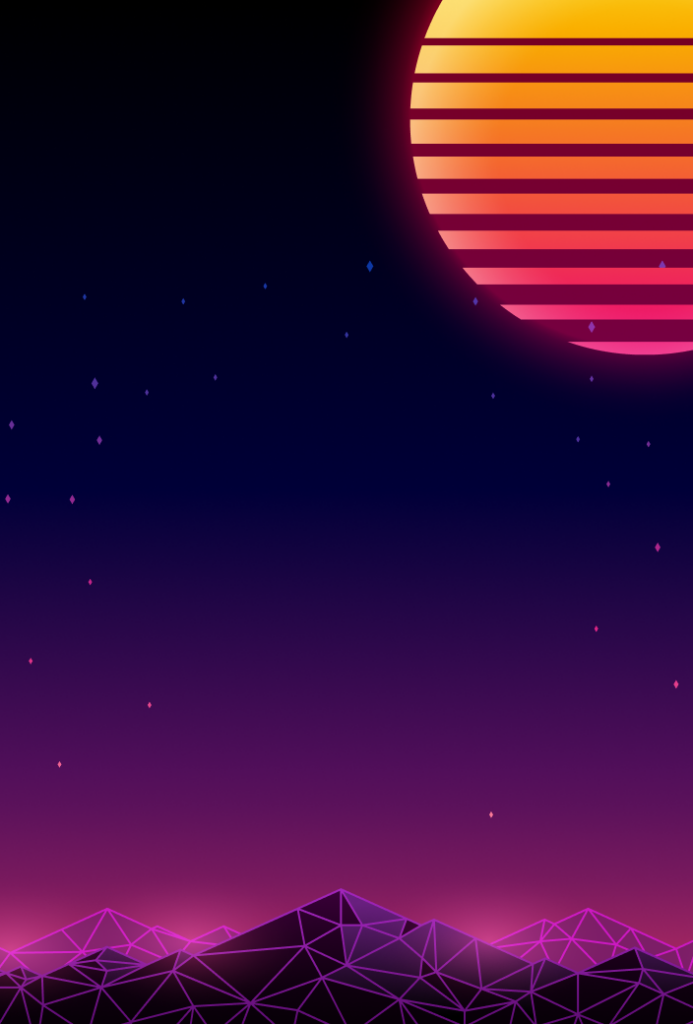
Artificial Intelligence is Replacing Our Creativity Now Too

“It’s a hell of a screwy thing, people gettin’ buggered by things they made theirselves”
– Kurt Vonnegut, Player Piano
ARE We still worried about a.i replacing jobs?
In 1997, the greatest chess player in the world, Garry Kasparov, played IBM’s ‘Deep Blue supercomputer and lost. Now our cell phones are more powerful than Deep Blue was then, and chess masters use artificial intelligence programs to study new moves and develop their chess-playing skills.

For decades, the big waving red flag about automation and artificial intelligence has been that its widespread use would eliminate millions of jobs, gutting the livelihoods of families and whole communities. Those fears and warnings haven’t gone away, with experts sounding the alarm that in the next decade, tens of millions more jobs could be replaced with some degree of automation, mainly thanks to the dramatic shift in working conditions we experienced through the pandemic.
From burger flipping to legal administration roles, new ways to integrate automation and AI are being thought-up every day. Although this has been the case for centuries, new technology changes the landscape; old jobs fade, and new ones come along. There is no need for lamplighters when all the streetlights come on, but someone has to maintain the electrical grid. Some research predicts a net gain of jobs during this transition to a more automated future.
There are all kinds of ideas for what that future could look like, from more profound and more stable safety nets like Universal Basic Income, to 28-hour workweeks (hell yeah), to the idea that we could encourage people to focus more on their interests rather than spending their lives just working away until the sweet release of death gives us a permanent vacation.
But in the past year or so, I’ve seen more stories raising a new and more soul-sucking idea of our future marriage with artificial intelligence.
Forget jobs; artificial intelligence has come for our creativity.
This summer, the winning entry in a Colorado State Fair art contest was revealed to have been created by an AI. Tech companies are now in the business of AI-generated music that is expected to be used to create new songs or seemingly resurrect the dead.

Good Bot.
Then there are artificial intelligence programs, such as OOpenAI’sGPT-3 that can write for you, and recently a company called Play. ht, selling an AI voice synthesizer that created an episode of a podcast where a fake Joe Rogan interviews a fake Steve Jobs. The thing is, I listened to the 19-minute “interview,” and although iit’sjanky to say the least, I spaced out for a minute and suddenly forgot these weren’t real people having a conversation.
Look, as a podcaster and self-proclaimed writer, I’m interested. As a human being, I’m more worried.
A Wall-E-style world where we don’t need to work and have all our needs attended to by our robot servants sounds alright, but a world where our creative outlets become AI-dominated feels like more of a gut punch. We’re talking about the story of what humans have achieved since we started lighting things on fire and formulating our grunts into words.
People find purpose in several ways, some from work, some from social relationships and family, and some from creative pursuits. Maybe I take it personally? I was an athlete when I was young, and in my mid-20s, as I found that phase of my life now passed, a big hole formed where I needed to discover new interests to sink into. And thus, I found that I liked to write and create things to share with others. And now, almost as soon as I’ve found all this, technology appears to be moving in on these spaces.
As I write this piece, the Google Docs program is (correctly) predicting the rest of this sentence correctly. Damn you! But also… thank you?
Computer scientist Ray Kurzweil has written extensively on the future of artificial intelligence, and how humans will get along with all the changes it will bring. One of the first books I read when I began to attempt to be “well read” was Kurzweil’s “The singularity is near,” where he describes a future where a “Singularity” is reached between humans and their technological creations. Simply, we become robot-human blends like a Cyberpunk character.

Sounds bomb? Maybe. And maybe I was born a little too early to avoid the “old ma” shouts at cloud” feelings that come with this drastic change to the elemental pieces of what it means to be human.
Some creatives who utilize these new tools to create art, music, and write, using artificial intelligence tools help enhance their creativity and push new boundaries. Those chess masters we mentioned at the start of this “human-generated writing piece,” well, they do indeed use AI tools to help them learn new moves and hone their skills, and why wouldn’t they? Computers have been handing out “Bishop ” to E5” beat-downs for 25 years now.
Scary Future? Or Just More of the Unknown?
Is artificial intelligence here to make every last piece of what we do obsolete? Or is it here to enhance us in ways that we could never achieve on our own? Is this all setting up the chance to exceed our biological boundaries, or are we monkeys playing with some powerful toys?
Even while writing this piece, I admit my outlook has shifted slightly. From doomsaying about the essence of human creativity is the next thing to hit the robot chopping block to being curious…
Maybe I could write better articles with the help of AI. Maybe my next podcast won’t fizzle unceremoniously after multiple years of painstaking work?
Is using an AI writing program to enhance my work taking away from the process? Or is it no different than letting Google docs finish this sentence too? Thank you… again…
Charles Duell, commissioner of the US Patent Office at the turn of the 20th century, was often misquoted as once saying, “everything” that can be invented has been invented.” In reality, “Duell said something much ahead of his years, “In my opinion, all previous advances in the various lines of invention will appear insignificant compared to those that the present century will witness. I almost wish I could live my life over again to see the wonders at the threshold.”
The trends we see slowly unfolding will continue to do so. We’re in the final stages of an age where humans, like Ray Kurzweil thought, will combine forces with technology and push past boundaries; we cannot imagine yet, or destroy ourselves in the process.
Sure many of us will be purists who believe in the classic essence of the “human element,” like my brother and I, who prefer to burden ourselves with a hundred books over ever giving into a damn e-reader! While those purists will still have valid points, at the same time, we might be so limited by what we already know that we can’t imagine the possibilities ahead.
Can we see those possibilities while avoiding the pitfalls that are sure to come with it all and still find a way to care about other people? Well, that’s an entirely different issue.
Maybe we can automate giving a shit about other people too!
Wouldn’t that be nice?
Dan Felton
Professional time-waster. Underachiever who occasionally strings words together. Often disinformed. Host of the Assorted Goods Podcast, co-host of the Fuckin Eh Podcast.









